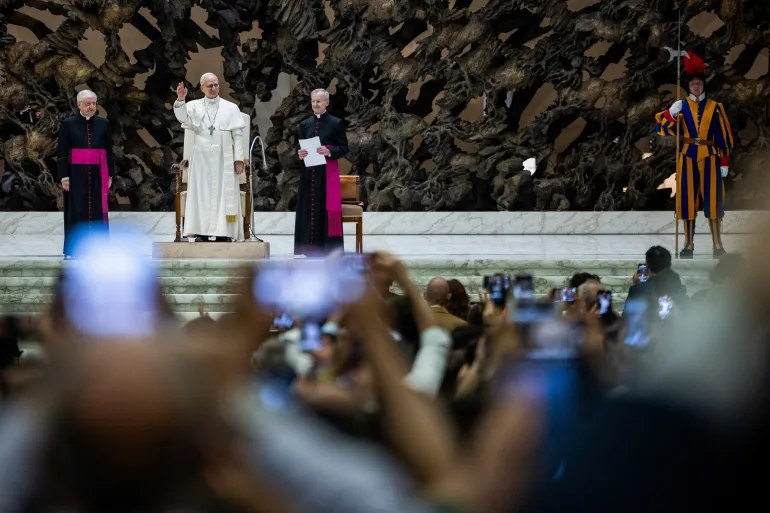The U.S. Department of Justice has launched a new initiative aimed at investigating colleges and universities over their diversity, equity, and inclusion (DEI) policies, using civil fraud statutes such as the False Claims Act. The announcement, made on Monday, signals a dramatic escalation in the Trump administration’s crackdown on higher education institutions accused of engaging in what it calls “ideological discrimination” or “radical left-wing” practices.
The initiative, called the Civil Rights Fraud Initiative, will focus on schools that receive federal funding and are suspected of promoting policies that violate civil rights or misrepresent compliance standards. DOJ officials said the effort would target institutions allegedly engaged in discriminatory practices under the guise of DEI—such as admissions policies, faculty hiring, and student programming.
According to a DOJ memo, the new unit will be jointly led by the Civil Division and the Civil Rights Division, with all 93 U.S. Attorney’s offices designating prosecutors to pursue cases under the initiative. These prosecutors will be tasked with identifying schools that may be misusing federal grants or engaging in what officials describe as “covertly discriminatory behavior under the banner of inclusion.”
“The federal government has a duty to ensure that taxpayer dollars are not funding unlawful discrimination or ideological indoctrination,” said a senior Justice Department official involved in the rollout. “This initiative is about restoring equal treatment and holding institutions accountable.”
The legal tool at the center of the campaign—the False Claims Act—allows the government, or whistleblowers acting on its behalf, to sue entities for defrauding federal programs. Typically used in healthcare and defense contracting, its expansion into higher education in this context marks a novel and aggressive approach.
The launch follows the Supreme Court’s landmark 2023 ruling striking down race-based affirmative action in college admissions. Since then, conservative legal groups have stepped up efforts to challenge DEI frameworks nationwide, including recent lawsuits against Harvard University and other elite institutions. Harvard, in particular, is under investigation and has filed a counter-suit against the government for canceling grant funding—alleging politically motivated retaliation.
President Donald Trump has made opposition to DEI programs a central part of his domestic agenda. In January, he signed Executive Order 14173, which rescinded federal DEI directives and mandated reviews of public institutions and contractors for alleged bias against certain political or religious viewpoints. Monday’s DOJ announcement appears to be a direct enforcement extension of that order.
Critics, including civil rights groups and education advocates, argue the administration is weaponizing civil rights law to dismantle programs that help historically marginalized communities. “This is a thinly veiled assault on diversity in higher education,” said Sherrilyn Ifill, former president of the NAACP Legal Defense Fund. “It has nothing to do with fraud and everything to do with suppressing equality.”
Legal scholars also warned of the precedent being set. “Using the False Claims Act in this way could chill legitimate DEI initiatives and invite a flood of politically motivated lawsuits,” said Deborah Archer, NYU law professor and president of the ACLU.
Nevertheless, the Trump administration appears undeterred. Officials emphasized that investigations have already begun and that colleges found in violation could face significant financial penalties and debarment from federal funding.
As the 2026 election season approaches, the move is expected to further polarize the national debate over race, education, and free speech—turning university campuses into a central battlefield for competing visions of American identity and federal oversight.
Source: Reuters



